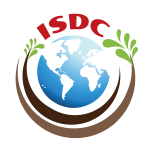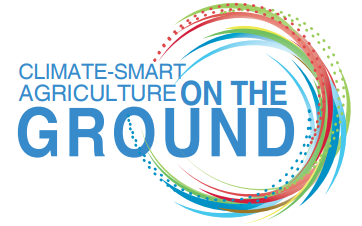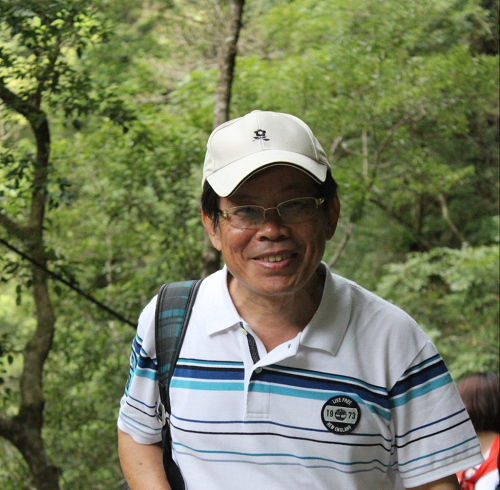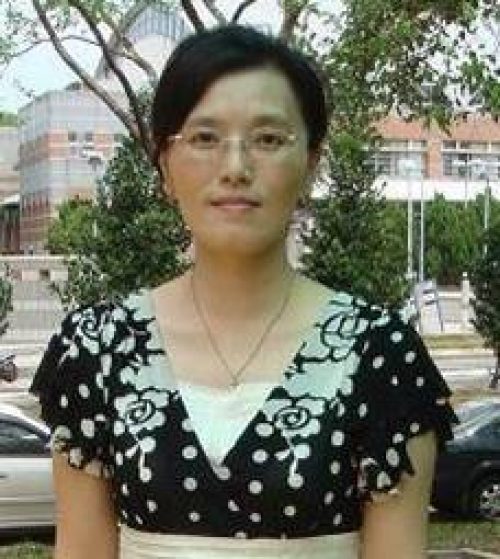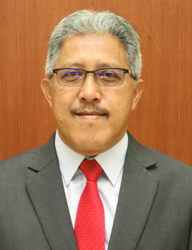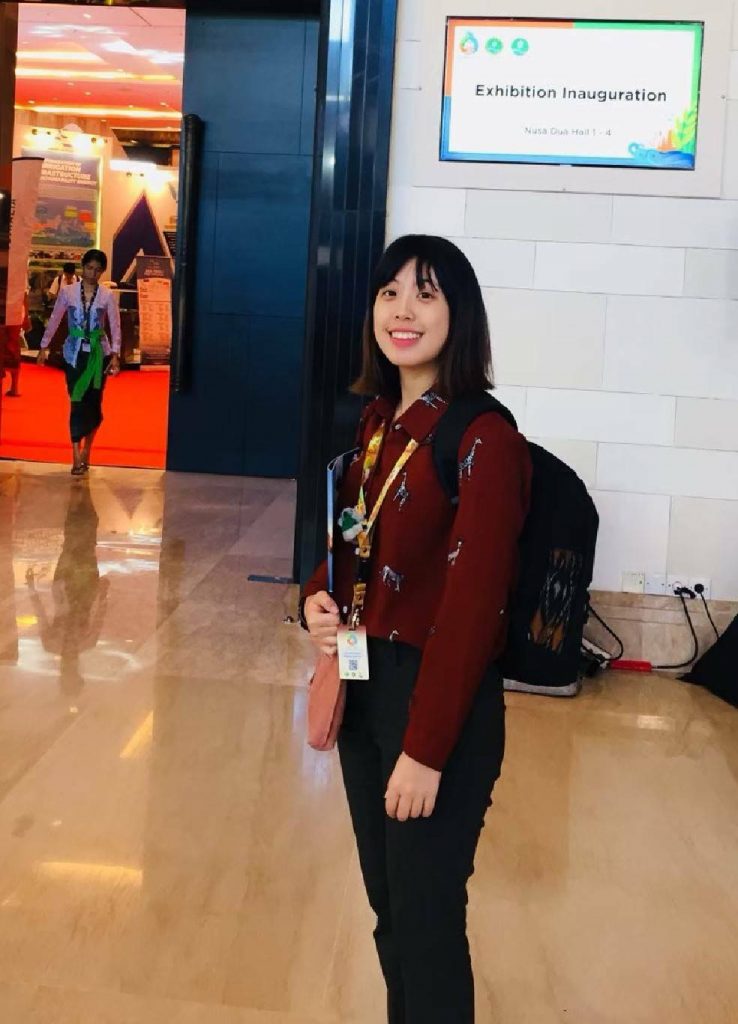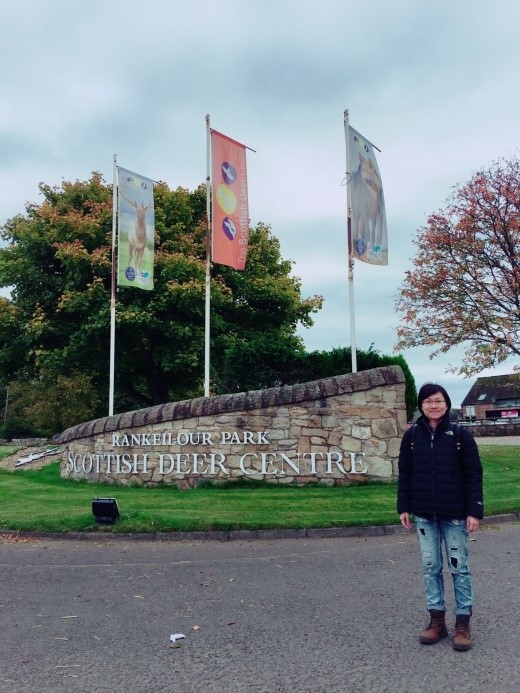Session B
Smart Agriculture
Session Description
The world ’s population is on a continuous rise, reaching 8 billion in 2025. Meeting the global demand for food in the future poses a challenge to all of us. However, with intensified greenhouse effect, climate change has led to a great loss of land for crop cultivation and livestock. To address this issue, we must adopt novel and more “smart” agriculture practices. These practices must efficiently employ limited resources and have minimal impacts on the environment for the sustainable development of our society.
Sustainable agriculture aims at sustaining the natural production cycle without compromising the quality and yield of products. However, not using pesticides and fertilizers often results in decreased crop yields, making it difficult to apply sustainable agriculture to large-scale, profit-driven economic production. The advance in electronic technology now offers a new perspective to sustainable agriculture based on precision and prediction. For instance, multi-year monitoring and data collection of weather, crop types, plowing depth, fertilizers, transplanting time, pathogen and microbiome enable us to predict the flowering time, needs for fertilizer, irrigation, and disease control. In other words, the essence of Smart Agriculture is the collection and integration of various types of data that would help us in decision making towards the optimization of nature resources.
This concept of Smart Agriculture applies to fishery and the animal stock industry. Fish has been historically an important source of protein, and many aquaculture countries around the world, such as Japan, the United States, Norway, and China, are actively developing the necessary technologies and tools for engaging in aquaculture fishery production and marketing through intelligent systems. Likewise, the poultry and livestock industry develop different intelligent feeding and monitoring management systems by collecting environment information through wireless sensing technology. The information is integrated and cross-analyzed for designing the best practices in feeding, product processing, inventory management, production line and department coordination.
This session calls for papers related to research in Smart Agriculture, particularly in the fields of Animal Science, Food Science, Bioresources, Plant Industry, Biological Science and Technology, Forestry, Plant Medicine, Wood Science and Design, and Aquaculture. Centering around the concept of sustainable agriculture, the goal of this session is to explore the international agricultural trends, the development of science and technology, and the future development of agriculture from the aspects of animal technology, plant material utilization, aquatic technology, and fresh-keeping marketing.
References
- Ayaz, M., Ammad-Uddin, M., Sharif, Z., Mansour, A., & Aggoune, E.H.M. (2019). Internet-of-Things (IoT)-Based Smart Agriculture: Toward Making the Fields Talk. IEEE Access 7:129551-129583.
- Pascual, V. J., & Wang, Y. M. (2017). Utilizing rainfall and alternate wetting and drying irrigation for high water productivity in irrigated lowland paddy rice in southern Taiwan. Plant Production Science 20(1):24-35.
- Pascual, V. J., & Wang, Y. M. (2017). Impact of water management on rice varieties, yield, and water productivity under the system of rice intensification in Southern Taiwan. Water 9(1):3.
- Greaves, G. E., & Wang, Y. M. (2017). Identifying irrigation strategies for improved agricultural water productivity in irrigated maize production through crop simulation modelling. Sustainability 9(4):630.
- Greaves, G. E., & Wang, Y. M. (2017). Effect of regulated deficit irrigation scheduling on water use of corn in southern Taiwan tropical environment. Agricultural Water Management 188:115-125.
This session provides a premier interdisciplinary platform for researchers, government officials and educators to present and discuss the most recent innovations, trends, and practical challenges encountered regarding to Smart Agriculture. The emphases of this session are as follows:
- The use of data in designing sustainable agriculture practices, with a special focus on rice cultivation and how to integrate plant physiology, microbiology and ecology to design efficient irrigation systems.
- Drones can provide telemetry data to monitor large-scale farmland data continuously. Management plans designed according to collected data could potentially increase yield due to precise measurement and prediction. Examples of such practices will be discussed.
- How monitoring systems can be applied in the livestock industry and aquaculture to help managers make decisions and forecasts on production, procurement, inventory, and the cross connection of each step between production to sales.
- Discussion on topics related to sustainable agriculture such as the application of agricultural genomics, new varieties and seedlings of animals and plants, animal and plant health management, and high-value utilization of agricultural by-products.
Linkage to Sustainable Development
Hosts
Co-Hosts
Prof. Dr. Abdul Shukor Juraimi

L.T. CDR. Prof. Gs. DR. MOHD HASMADI ISMAIL RMNVR
S.I.S
Area of interest: Geoinformatics (Remote Sensing and GIS), Forest Harvesting, Natural Resource Survey and Management.
Co-organizer
WEN,TZU-HSUAN Research Assistant
on-farm irrigation,
crop water requirement,
Montoring of crop field using Unmanned aerial vehicle
WU,HSING-CHIEH Assistant Research Fellow
Vaccine Engineering,
Immunology of Vaccine,
Molecular Biology,
Biotechnology
